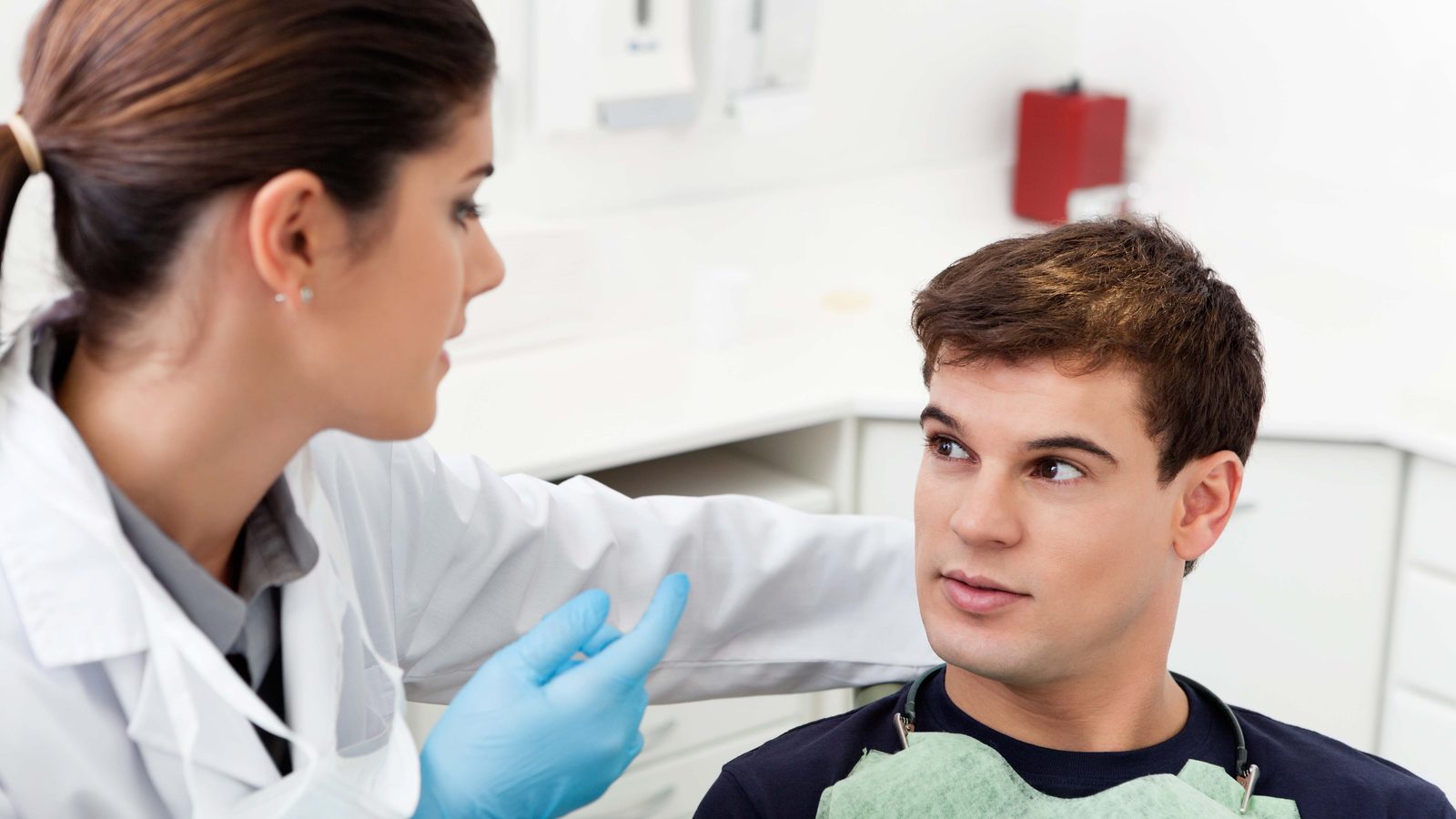 Dear Barry – I am a dentist and find it hard to make small talk with my patients. They never seem very comfortable around me. Have you got any tips?
Dear Barry – I am a dentist and find it hard to make small talk with my patients. They never seem very comfortable around me. Have you got any tips?
Firstly, please change your perception that it is ‘small’ talk. Talking can only add to or subtract from a relationship, so referring to it as ‘small’ talk is immediately subtracting. Let’s redefine it as ‘relationship-building and communication’. My advice is to learn how to build genuine rapport and some simple language skills – and then practise doing this.
Building rapport with patients is crucial to gaining their trust and improving your relationship with them, and it starts the moment they walk into your practice. We cannot not communicate because, like it or not, we are always communicating whether verbally or non-verbally, intentionally or unintentionally. Rapport is the first stage in building effective communication and is a highly valuable skill, which will make further interactions much easier.
Rapport creates trust, a sense of being like the other person, and, once established, will increase the chances of your patient agreeing with your ethical recommendations for their dental health and appearance. Rapport is achieved by being ‘like’ the other person during our communication. In our conversations our communication is created using words, tone and body language.
Communication
Surprisingly, spoken words make up only 7% of the overall effort of communication, 38% can be attributed to voice tone, and a massive 55% is down to body language. Already, you can see that what you say is not as important as your overall interactions, and how you start off your relationship will leave a lasting impression.
Subtly matching and mirroring another person helps to build rapport. We like people who are like us! When we have something in common with another person – behaviour, physiology, words, values, beliefs – we bond with them and begin to adopt similar gestures, words and body language in our interactions with them. Once you have gained rapport you feel that you know a person well and they will be less critical of you and your ideas.
Matching and mirroring can be achieved by observing the other person’s posture, for example the angle of their head or their body position, and subtly doing the same. If they use hand gestures when they talk, you could introduce similar ones into the conversation.
As you and your patient begin to bond, you can ask them questions to find the things that interest them and that they enjoy talking about. Good places to start are family and sports.
Building relationships
Patients will trust and feel comfortable around you if you have rapport with them and that means showing a genuine interest in them. Whenever you talk with your patient about something you know they are interested in, you are reinforcing your relationship with them and your rapport develops, so it’s important to allow time in your appointments to get to know your patients. If you are rushed and anxious or stressed, they will sense this and will not feel relaxed themselves.
Continue to build your relationship with your patient at every appointment, conversation will flow more easily as you will have found common ground and, over time, you will gain their trust. Patients who trust you come back and also recommend your services to other people that they trust and like. To be able to have a conversation with a patient, in rapport, is a skill which, when practised, will pay dividends in both the relationships with your patients and the economic health of your business.
Read more of Barry’s blogs:


